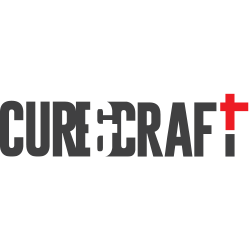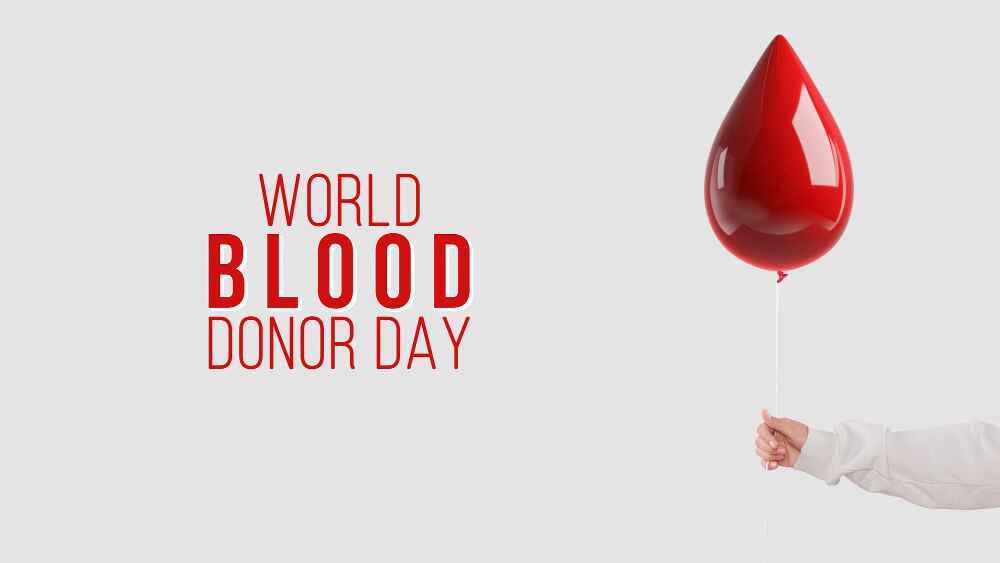During my practice, I have encountered many cases where patients were unaware of their disease pattern and treatment course. They particularly had misconceptions about the most common diseases, such as hypertension, due to a lack of accurate information.
Misconceptions about Hypertension Treatment
This is one of the main causes of the non-compliant attitude of the patients. In Pakistan, many patients mistakenly believe that hypertension can be cured within a few days of treatment, similar to taking antibiotics. Therefore, when they notice that blood pressure readings have become normal, they stop taking the medicines.
However, after some time, when that same patient comes to the hospital for some other complaint, most of the time they are found with high BP readings that might be causing many hidden complications.
Treating hypertension at home:
Another type of person is those who think that hypertension can be treated with some home remedies (DESI TOTKAY). With a strong belief in this notion, they stop taking anti-hypertensive drugs and put their lives at risk. They also float this misconception among people around them without knowing how dangerous it can be for society.
They readily rely on information from the internet, particularly platforms like YouTube, seeking advice from individuals lacking medical expertise. They are concerned with their profit, not with a person’s health. They misguide the innocent public with the help of an attractive picture and headline saying, “This remedy will cure your blood pressure, and you won’t need to visit a doctor again.” “This remedy is for people who are on insulin and want to get rid of it,” “doctors won’t tell you this formula for curing a heart disease without surgery,” and so on.
Disadvantages of self-medication
I know a female who had stopped taking her antihypertensive medicine for a year and replaced it with garlic. She did this after receiving suggestions from others that garlic cures BP so that a patient doesn’t need to take medicine daily. As a result, she ended up having a stroke (paralysis) due to extremely high blood pressure. Ah, what a loss! Had she not missed her medications, she would not be paralyzed today.
There is another kind of person who thinks that it is fine to have any BP-lowering tablets available at their homes (which are in use by their siblings, parents, grandparents, etc.) without taking any recommendation from a doctor. They consider it a normal OTC drug, just like a simple painkiller. They do not have any idea how harmful self-medication can be without knowing that every drug has its own formula, dosage, recommendations, and contraindications.
They do not have any idea about how a non-selective beta-blocker drug used by a non-asthmatic hypertensive patient can cause severe bronchospasm in a hypertensive patient who is asthmatic.
Regular checkups are needed.
- We also come across patients who have been taking BP-reducing medicines for a long time but are still complaining of uncontrolled blood pressure. During history, it has been found that patients were using medicines that were prescribed to them years ago without any follow-up with a doctor.
- They monitor their blood pressure at home, acknowledging its consistent elevation, yet they believe that despite regular medication, their blood pressure remains uncontrolled, leading them to feel helpless. They don’t visit a doctor to complain about high BP (despite taking an antihypertensive regularly) because they don’t have awareness about it.
- All these issues can be minimized with proper awareness.
Let us first understand the following terminologies that will help you understand hypertension and common diseases or common health problems:
Blood Pressure?
Our blood pressure normally keeps rising and falling throughout the day.
What is the normal range of blood pressure?
A normal blood pressure level is 120/80 mmHg.
High blood pressure (hypertension)?
High blood pressure, also referred to as hypertension occurs when blood pressure exceeds the normal range. Usually, our blood pressure changes throughout the day based on our activities, but if it rises in most parts of the day to a high range, then it is counted as hypertension.
The higher the blood pressure level, the greater the risk of developing other diseases and health problems, such as cardiac arrest, stroke, or paralysis on the extreme side.
Blood pressure symptoms
High blood pressure symptoms are usually the same in males and females. Generally, in hypertension, you may feel the following symptoms:
• A pounding in the chest, neck, and ears
• Severe headache
• Migraine
• Fatigue
• Visual imbalance
• Chest pain
• Short of breath
• Irregularities in the heartbeat
• Blood in the urine (on the extreme side)
Causes of hypertension
Hypertension does not attack suddenly; it usually develops slowly over time. It also comes from the family history. If you are not maintaining a proper diet, are overweight, or are over 60, the risk of having high blood pressure may be higher. Some risk factors for hypertension include:
• Frequent smoking
• Alcohol consumption
• Diet with more sodium
• Deficiency of vitamin D or potassium
• Stress
• Kidney diseases
• Diabetes
• Sleep disorder
Also Read: Hypertension is the number one killer in the World
The role of doctors in hypertension
We, as health practitioners, are responsible for playing our part in raising the awareness of the patients by counseling them when they visit us. Moreover, our health department needs to plan some awareness programs in mass media or alternative media. People must be given information and basic education about common health issues. They should know that blood pressure is not curable but requires ongoing treatment to control it.
To prevent drastic complications like kidney diseases, eye diseases, stroke (paralysis), etc., there should be awareness about the importance of compliance and controlling blood pressure.
They should be encouraged to visit a hospital to get a prescription from a health practitioner so that the doctor can suggest the best drug for that particular case. They also need to know that if a particular anti-hypertensive drug is not controlling blood pressure, they must consult a doctor.
Raising awareness can significantly contribute to averting hypertension-related complications and is a crucial step toward maintaining the nation’s health.
About the Author:
Join Cure and Craft:
Calling all healthcare professionals, medical students, and writers! Share your insights, experiences, and knowledge on our platform. Let’s craft informative articles together, shaping the future of healthcare. Connect, inspire, and enlighten our audience.






